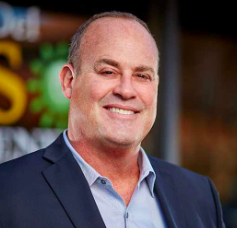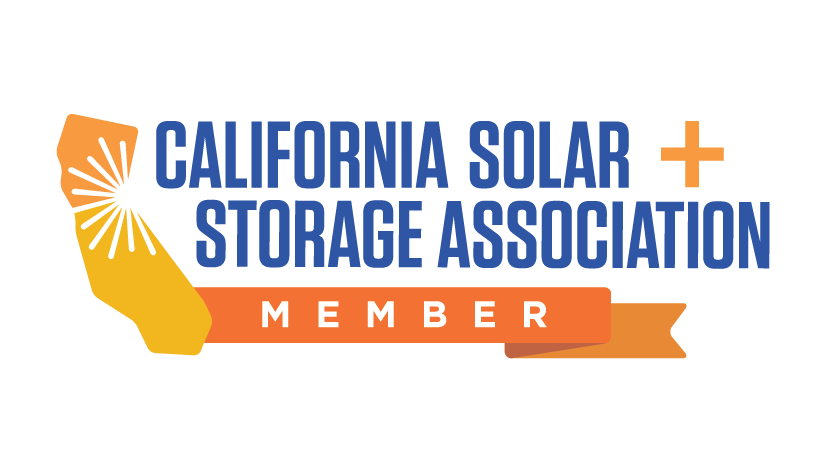For some homeowners, the question is not whether to “go solar” – but how to pay for the desired solar panels to be installed on their roofs. As solar has become more accessible to the typical homeowner, more options have evolved for financing solar panels. If you’re looking for the best options when it comes to financing for solar panels, we’ve compiled the best info for our customers.
After getting quotes for the best panels and design array for your panels and choosing your residential or solar panel installation company, the next most important decision is how to pay for the panels. We have learned that is not one right finance solution for everyone but believe there is a finance solution that answers to every homeowner’s needs.
Financing Solar Panels: What Are My Options?
ZERO DOWN FINANCE OPTIONS:
There are several zero-down solar options that enable you to move forward with a solar energy project without worrying about upfront costs. Solar leases, power purchase agreements (PPAs), and solar loans are all common financing options available with zero down options.
CASH
Paying for solar with cash was once the only option around to purchase solar panels. Today, although there are many options, the option that allows you the most freedom is still cash. Once you pay for your panels, they are yours and you will not have to deal with banks or solar companies. Plus, paying cash still allows you to qualify for any tax incentives and rebates. Plus, where electricity is expensive, you can begin to see the return on investment immediately.
HELOC OR MORTGAGE REFINANCE
There are many types of secured solar loans. One increasingly common strategy is to take out a secured line of credit on your home. You can use one of the modified FHA Energy Efficiency loans. That allows homeowners to finance the cost of a solar system, or other energy efficiency upgrades to the home. Plus, FHA touts their loan “PowerSaver Second Mortgage” that provides up to $25k in financing for energy-focused retrofitting of your home. Moreover, many leading mortgage brokers and lending houses are introducing solar specific mortgages that answer to the financing needs of adding solar panels to a home.
PACE LOANS
A PACE loan is a “Property-Assessed Clean Energy” loan that is basically a property tax lien. PACE loans allow for homeowners to pay for energy-efficiency upgrades and renewable energy projects on their home for solar panels, heating and cooling upgrades, efficient windows, new landscaping, roofs and insulation. Only states, like California, that have passed laws to establish rules for PACE can write a PACE loan. The legislation allows for cities to set up special property tax rules to provide funding for the energy upgrades. Homeowners pay back the PACE loan over time through property tax liens. This is an incredibly affordable strategy for homeowners. But it can cause a bit more of a process if homeowners decide to sell their homes before the solar upgrades are paid off. An ideal candidate for PACE financing is a homeowner who has had no bankruptcy in the past 2 years, has at least 10% equity in their home and a history of timely mortgage payments.
TRADITIONAL FINANCE
Recent years have also brought forth a plethora of solar loan options. These are loans that allow you to finance the solar panel installation on your home without being dependent upon equity on your home. These loans tend to follow a simpler application and approval process., They allow you to have your solar panels installed sooner, rather than later. Additionally, your loan is not secured by some sort of collateral. This means your home, or other large assets are not at risk during the pay-back period of the loan. These varieties of traditional loans do typically require good credit but does not require money down. Frequently, when solar installations entail a solar loan, there are added warranties and system monitoring. One drawback of traditional loans is that the ability to deduct interest is not tax deductible. Homeowners using traditional finance loans are able to get the 30% tax credit and the other benefits of ownership.
PPA and/or LEASE
Two other lingering options of solar finance include a PPA (Power Purchase Agreement) or a Lease Agreement. These two options allow for homeowners to take advantage of a renewable energy source and savings on increasing utility prices. The downfall, with both of these options, is that the homeowner never own their systems outright. Additionally, the tax incentives do not belong to the homeowner.Instead they’re transferred to the company that owns the lease or the PPA of the solar install. There is a hedge against the cost of increasing utilities with a lease or a PPA. However, the cost of lease payments, or PPA agreement payments, increases with each passing year. Leases and PPA’s were ideal solutions before traditional lending options were available. Although they’re not the ideal solution to most homeowner’s today. Moreover, they do hold a place of valuable lending options in specific circumstances.
Best Financial Solutions for Financing for Solar panels
If you are not sure which financial solution is the best financial solution for your solar installation needs, contact us. You can meet with one of our Energy Advisers to see which solar solution answers to your solar finance needs.

Matt is energized by the dynamic nature of the solar industry and appreciates the constant need for education and quick action that success in the industry demands. Matt’s interest in the environment spans beyond the realm of green energy and enjoys raft trips in unexplored and hidden corners of rivers throughout the U.S.
Leave your comments or questions below or visit our showroom.



Leave a Reply